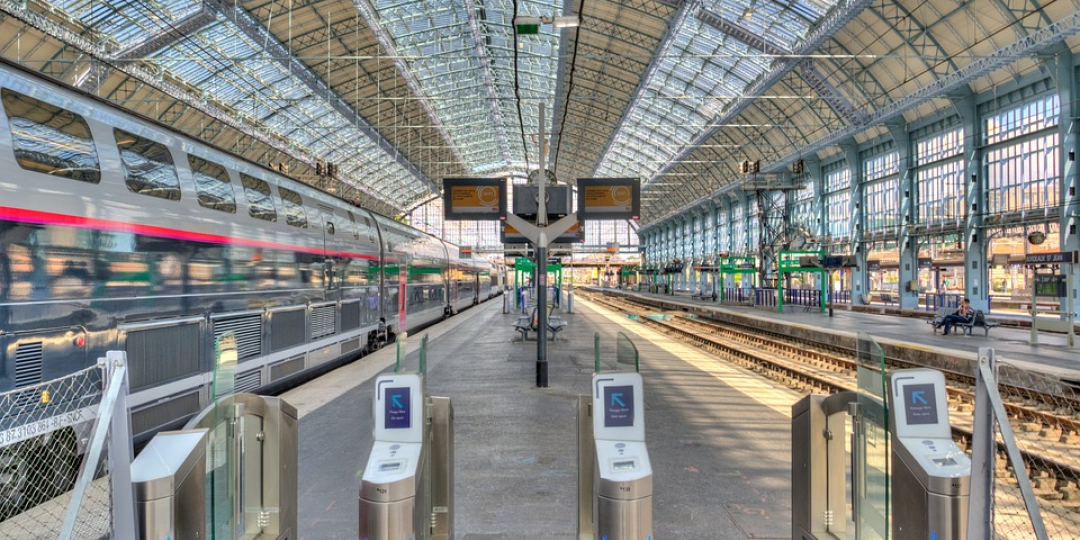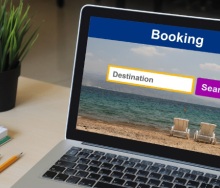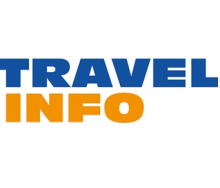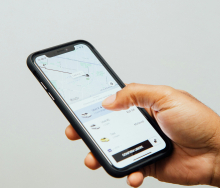Machu Picchu train line reopens
Following the introduction of an electronic rail ticketing system on the train line that leads to Machu Picchu, protests by local business owners and travel operators prevented tourists from being able to reach the Unesco World Heritage Site.
According to thenationalnews.com, the new ticketing system was implemented to regulate visitor numbers. Just one government-approved private company has been allowed to sell the tickets, denying access to sales for all other small businesses and local tour operators.
On January 31, after more than a week of disruption to rail services, authorities and protestors were able to agree to a slower transition to the new electronic ticketing platform.
“The strongly increasing number of visitors to the historic sanctuary of Machu Picchu must be matched by an adequate management regulating access, diversifying the offer and efforts to fully understand and minimise impacts,” said Unesco.
Tourists could resume travel to Machu Picchu using the rail line from February 1.
Austria’s bold new rail plan
At the beginning of February, Austria announced Rail Network 2040, a massive rail development plan comprising 67 projects across 25 clusters that will be rolled over the next 16 years to create a climate-neutral Austria, reports euronews.com.
The most recent proposal, the New Innkreisbahn route, will reduce travel times between Vienna and Munich by one-and-a-half hours. The route will also benefit travel times to other destinations such as Paris.
Three years ago, Austria launched the ‘Klimaticket’, an affordable annual multimodal ticket to encourage the use of public transport. This was followed by a new generation of night trains to Germany last year as well as a unique campaign using tattoo vouchers to attract young travellers to use train travel.
EU Green Deal
Following complaints from ALLRAIL, the Alliance of Passenger Rail New Entrants and the European Passenger Federation, a legal ruling announced that the EU and its Member States needed to make train ticket bookings more accessible for all citizens.
The complainants requested that all passengers have transparent, comprehensive, and non-discriminatory access to purchase rail tickets, calling it essential to meeting the goals of the EU Green Deal.
Following the announcement, Renfe, Spain’s national rail operator, committed to providing incumbent, in-house, and third-party independent ticket vendors with unrestricted access to its data. It also promised to share all rail schedules, changes made to connections and total prices for entire journeys with vendors so that they can operate as one-stop shops.














